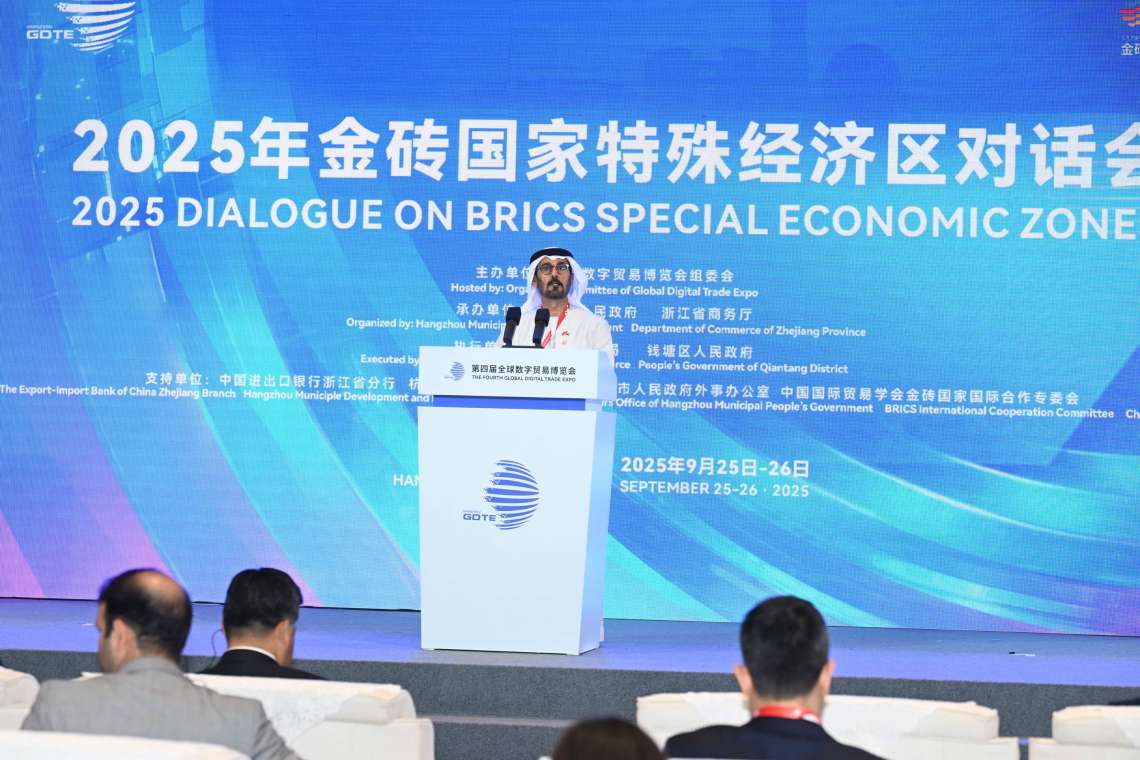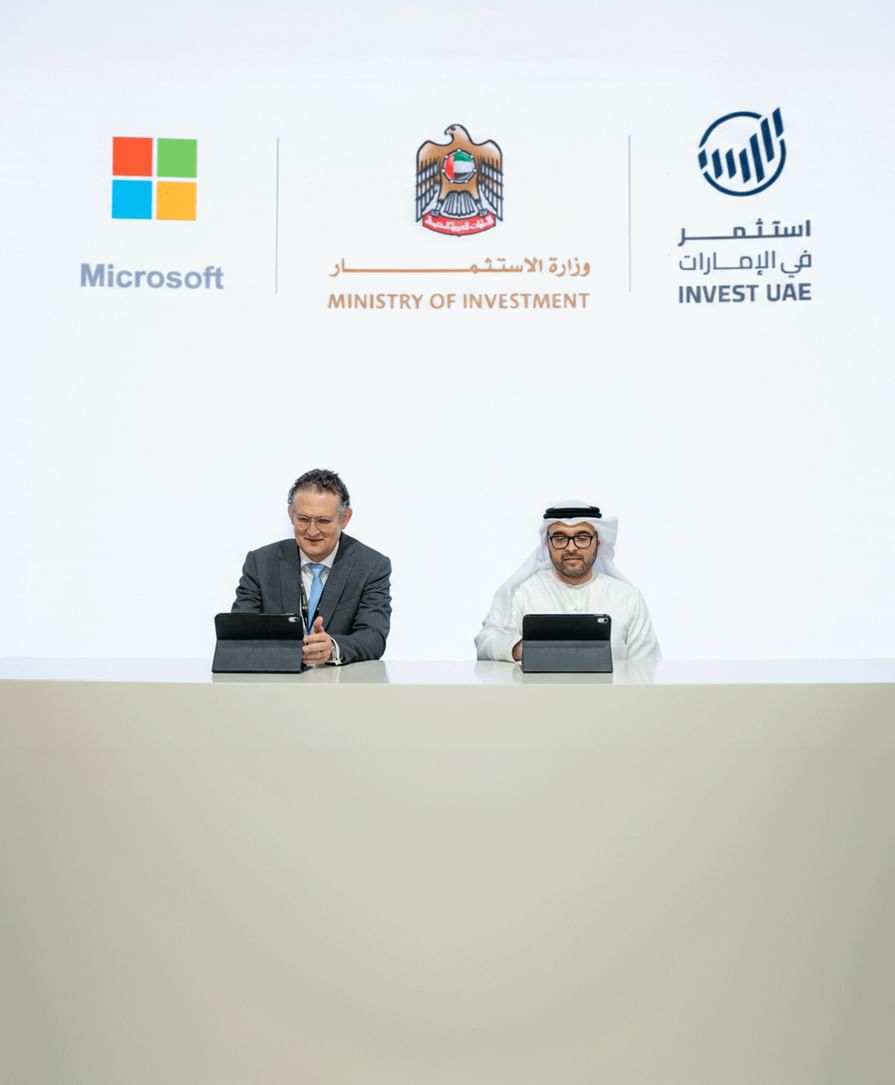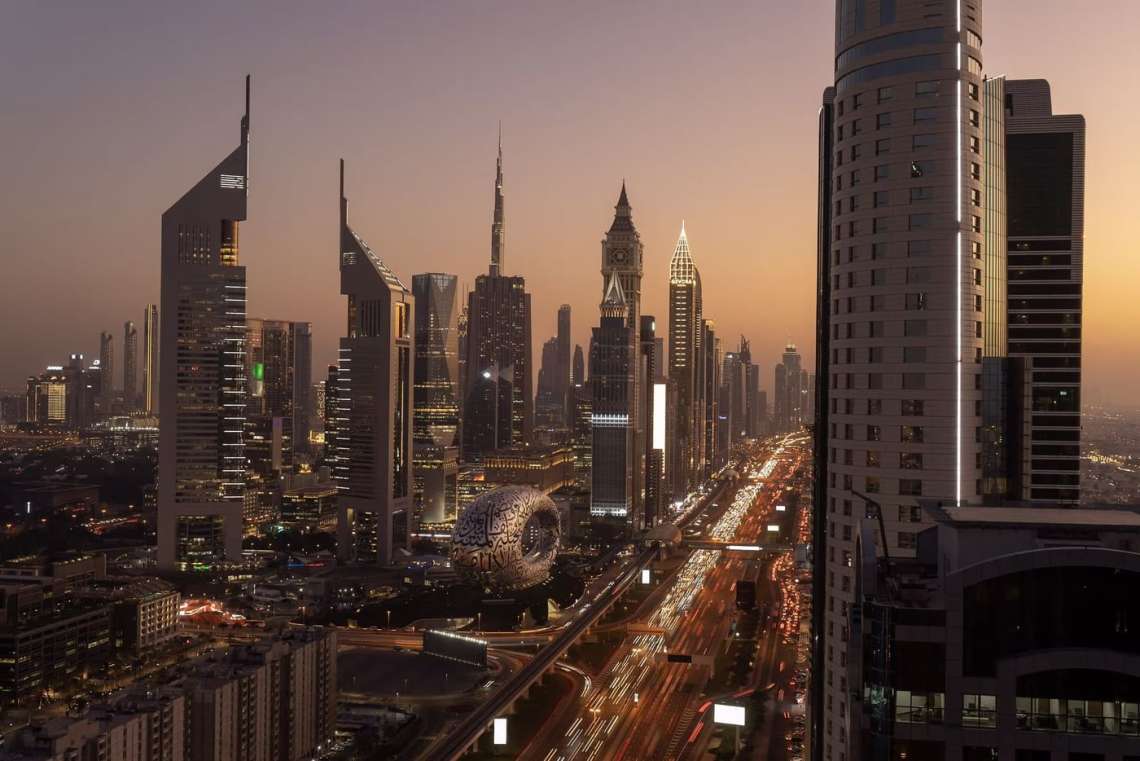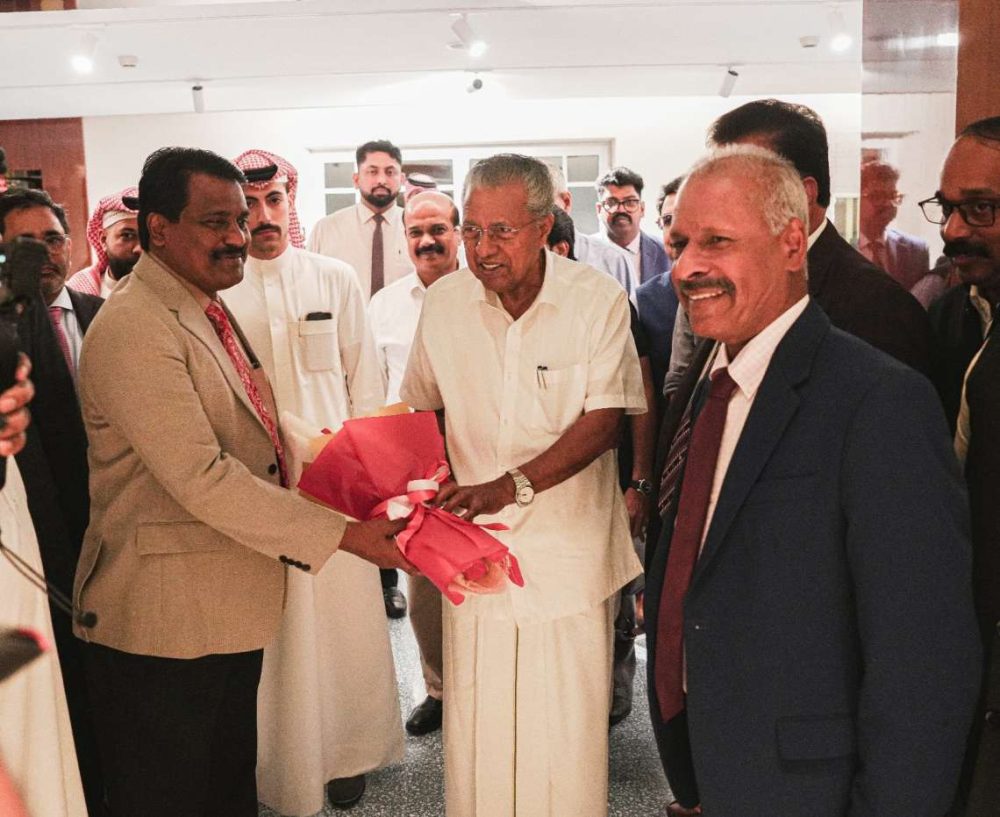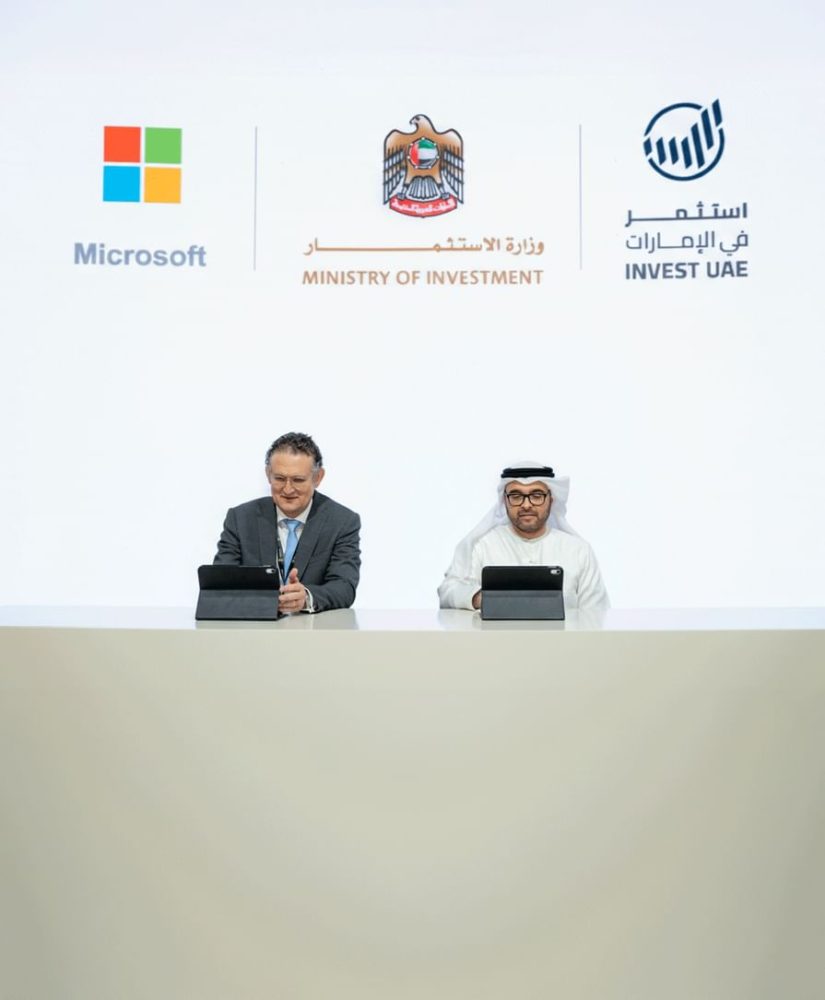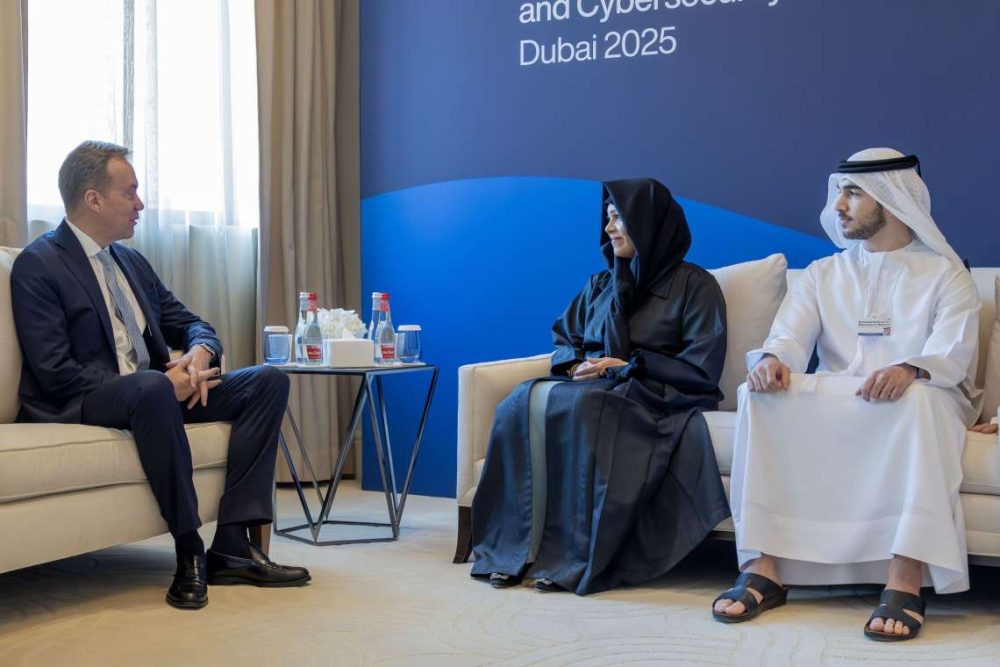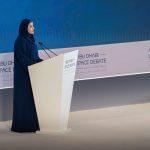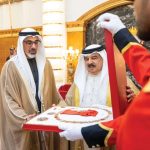UAE has showcased expertise in special economic zones at BRICS Dialogue 2025, highlighting strategic digital trade role, global connectivity, FDI growth, and partnerships with China and BRICS nations.
The United Arab Emirates showcased its strategic economic role at the “2025 Dialogue on BRICS Special Economic Zones,” held on the sidelines of the 4th Global Digital Trade Expo in Hangzhou, China. Hussain bin Ibrahim Al Hammadi, UAE Ambassador to the People’s Republic of China, represented the UAE, emphasising the country’s pioneering expertise in developing special economic zones as engines of growth, innovation, and digital trade.
In his address, Al Hammadi underlined the importance of the dialogue in the context of rapid global economic transformations. He described the platform as “an effective opportunity to exchange best practices, explore integration opportunities among free zones in BRICS nations, and establish new cooperation networks that strengthen digital trade and broaden innovation horizons.”
“The United Arab Emirates is fully prepared to share its experience in special economic zones, which have proven to be key drivers of sustainable economic growth,” he said, highlighting the UAE’s over 40 specialised free zones. These zones offer 100 percent foreign ownership, advanced infrastructure, and flexible legislation, fostering innovation and digital transformation.
Al Hammadi noted the UAE’s strong global connectivity through an extensive network of ports linked to over 400 international destinations, reinforcing the country’s position as a central hub in global supply chains. He emphasised that these zones are ideal platforms for e-commerce and digital economy ventures, providing competitive incentives such as a value-added tax of 5%, corporate tax of only 9% on net profits, full exemption from personal income tax, and unrestricted capital flows.
The ambassador also highlighted the UAE as a global talent hub, home to more than 200 nationalities, creating a diverse, multi-skilled workforce that enhances companies’ competitiveness. He added that these factors contributed to a record foreign direct investment (FDI) inflow of US$45.6 billion in 2024, positioning the UAE as the world’s tenth-largest investment destination.
Al Hammadi drew attention to the depth of economic ties between the UAE and China, noting that China remains the UAE’s top trading partner, with non-oil trade reaching nearly US$90 billion in 2024. “The UAE is China’s largest non-oil trading partner in the Middle East and Africa,” he said. UAE investments in China doubled to US$4.5 billion in 2023, while Chinese investments in the UAE rose to around US$9 billion, reflecting growing mutual trust.
The ambassador stressed that the UAE’s accession to the BRICS group in 2024 marked a major strategic milestone. “BRICS membership allows the UAE to enhance cooperation among Global South countries, expand trade and investment partnerships, and deepen joint efforts toward sustainable development,” he said. Al Hammadi also noted that the UAE’s geographic position serves as a natural bridge linking BRICS markets with the Middle East, amplifying its strategic significance in regional and global trade networks.
Sheng Qiuping, Vice Minister of Commerce of China, also addressed the dialogue, emphasising the transformative impact of digital technology on global industrial chains and trade patterns. “The global economy is undergoing profound transformations,” he said, “and digital trade is a key path for cooperation among countries to tackle common challenges and build a prosperous future.”
The 2025 BRICS Special Economic Zones Dialogue in Hangzhou underscored the growing significance of digital trade, investment partnerships, and strategic cooperation between emerging economies. The UAE’s participation highlighted its ambition to remain at the forefront of global economic innovation, using its free zones and infrastructure as a platform to strengthen trade, attract investment, and foster sustainable development across the BRICS and beyond.


